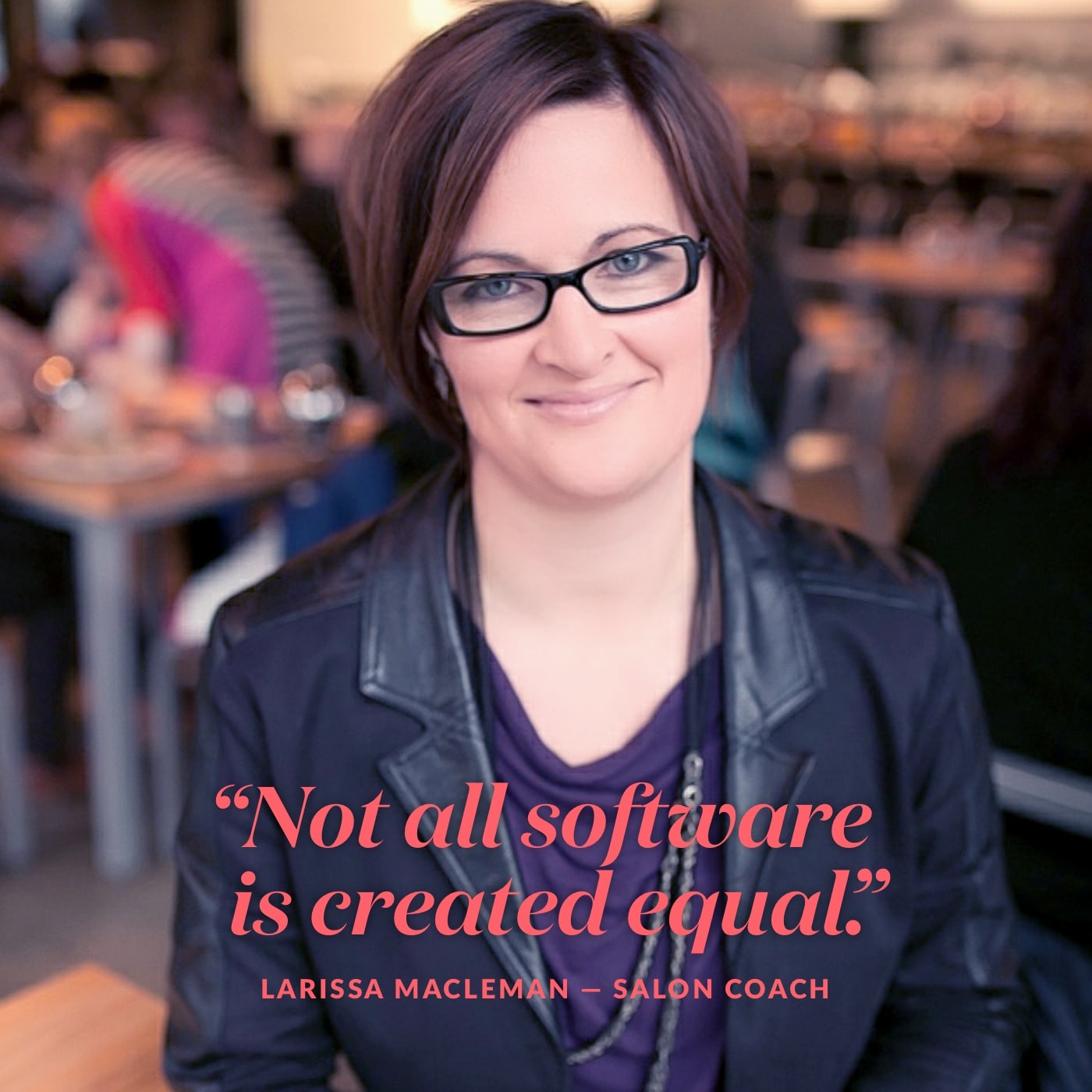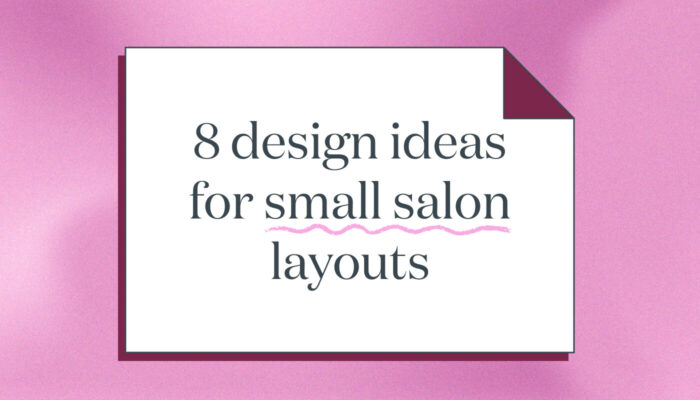Is Free Software Worth the Cost?
With 'free software' you get what you pay for, this means limited features and paywalls. When it comes to running your business, you need the best solution, and that doesn't come for free.

Owning your own business often means that cash is pretty tight, and you’re most likely looking for ways to save money wherever you can. This could lead you to use free appointment booking software that may not necessarily be the best option for your business.
Not all software is created equal. Just because it says salon software, that doesn’t mean it’s what you need or want for your business. Do your due diligence.Larissa Macleman, Salon Coach

Free software isn’t really free
It’s important for business owners to understand that although you may be saving money by using a free appointment booking software, odds are that if you aren’t paying for a product, then YOU are the product. Think about any apps you download for personal use – the free version is often enough for what you want to do day to day, but access to all the useful, advanced features requires a one-off payment or subscription fee.
All businesses need to make money somehow — if your free appointment booking software isn’t charging you to use it, then they’re staying profitable at the expense of your business.
The most obvious revenue stream for free software is advertising. You’ll be bombarded with lots of ads, and we don’t have to tell you how irritating ads can be as you try to navigate the software on a daily basis.
If your free booking software isn’t bombarding you with ads, then that’s an even bigger red flag. They have to make money to stay afloat, and if it’s not charging you a subscription fee then they’re either taking a bite out of your hard-earned bookings or they’re profiting off the data you’re putting into the software (possibly both).
The marketplace model trades off driving your clients to book there and become a ‘customer’ of the marketplace, essentially taking ownership of your client. At this point, they’re open to being targeted with offers by other businesses in the marketplace (your competitors). That’s not the only downside of a marketplace — not only are you in competition with thousands of other businesses, but the new clients you supposedly attract via the marketplace are generally less likely to be loyal to your business and more likely to be bargain hunters always looking for the next great deal.
If you aren’t paying for the software you use, then someone out there is paying for the data you’re uploading.
When you’re getting something for free, it’s often too good to be true. When you look at the nitty-gritty, it’s just that — too good to be true. I can’t trust something that doesn’t tell me where my client data is going. I’ve worked hard to build up my client base; free software is not worth the risk.Tyson Mendes, Pearl Blonde

Do all the powerful features you need really come for free?
We’re in an age where people want their technology to handle any situation that life throws at them. The same goes for the software you’re supporting your business with.
With free software, you’ll most likely have one or two basic features for free, but you’ll hit a paywall for the features that you actually want and need in order to efficiently run your business, deliver and exceptional client experience, and grow your revenue. Depending on how this paywall is structured, it could end up costing you more than paid software. For example, if your software provider charges you for every transaction made via online booking then that can work out to be pretty costly.
I don’t want to pay a percentage for every customer that I worked hard for. Systems are there to support you, but they’re not the ones doing the hard work.Kyri, Russell’s Barbers

Don’t sacrifice control over your brand
With free software platforms, and software marketplaces in particular, you’ll often lose control over your brand messaging. For example, clients that book appointments via a marketplace platform will become customers of that platform, rather than your business.
If you send reminder messages or booking confirmations, those messages will often come from the marketplace provider, and not from your business – that’s a pretty confusing situation for your clients!
Any software you pay for would never insert their brand name between you and your clients. They’re there to help YOU grow, not to grow their own brand awareness. If you’re getting in touch with your clients via SMS or email, it should be from your business, and you control that relationship.
My clients are getting reminder texts ‘from’ my software provider rather than my business and ignoring them, assuming they are spam!Jenny-Louise, The Beauty Loft
World-class support is worth paying for
Customer support should be an integral part of providing a software service. Imagine your business in the middle of a rush of customers when the software you rely on as a point of sale system suddenly freezes and you’re left with no way to check out your customers. You try and find a way to contact the software developer but alas, they have no support centre.
If you’re using free salon software chances are customer support isn’t high on their priority list. They could even charge you extra for it, and it could be days before they read the email you end up sending them.
You need to ensure that whatever software you’re using for your business has a customer support team that are ready and waiting to help you out. Instant support such as live chat is a lot better than a flooded email inbox.
When we were looking to move from Shedul, we found the Timely team very approachable, they made it easy to transfer all our appointments over from the previous system. Timely is a company that has a human face, and provides a seamless system to show all the business’ financials.Paul & Catriona, George & Ivy

Nothing comes for free
Many software platforms that claim to be free, actually end up having hidden costs associated with marketing, administration and support.
‘Free’ software often markets itself as such, but once signed up, you’ll soon find out it’s going to cost you big bucks to get the most out of it.
There’s no need to be locked into a long-term contract or be paying sneaky fees, either. You can easily find software providers with fair monthly rates where you pay as you go, and any additional fees are clearly communicated. Some even offer free trials, which are a great way to test if the solution is right for your salon (hint: we know a pretty good place to start, right here).
As nice as free booking software sounds, you’re going to end up paying for it in the end. Make sure you dig into the T&Cs before signing away the soul of your first-born to a long-term contract, and choose a company that you believe you can trust and rely on.


